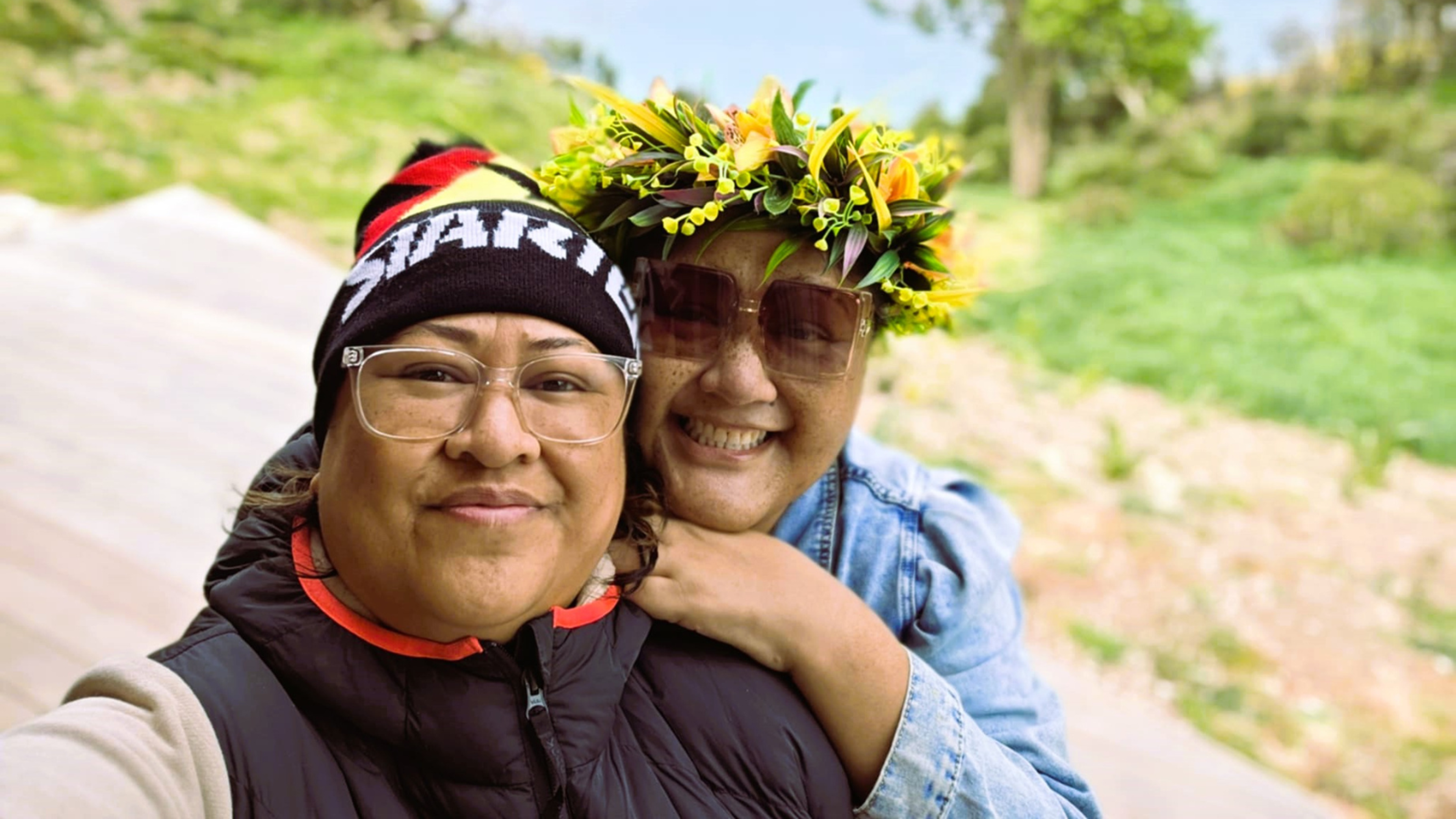

Patricia Goa says everyone involved in the New Caledonia political crisis must take responsibility for the events of 13 May.
Photo/RNZ
'Violence is not the solution': Call for both sides of the conflict to take responsibility
Pro-independence advocate Patricia Goa says the dream of self-determination is still alive in the troubled French territory.

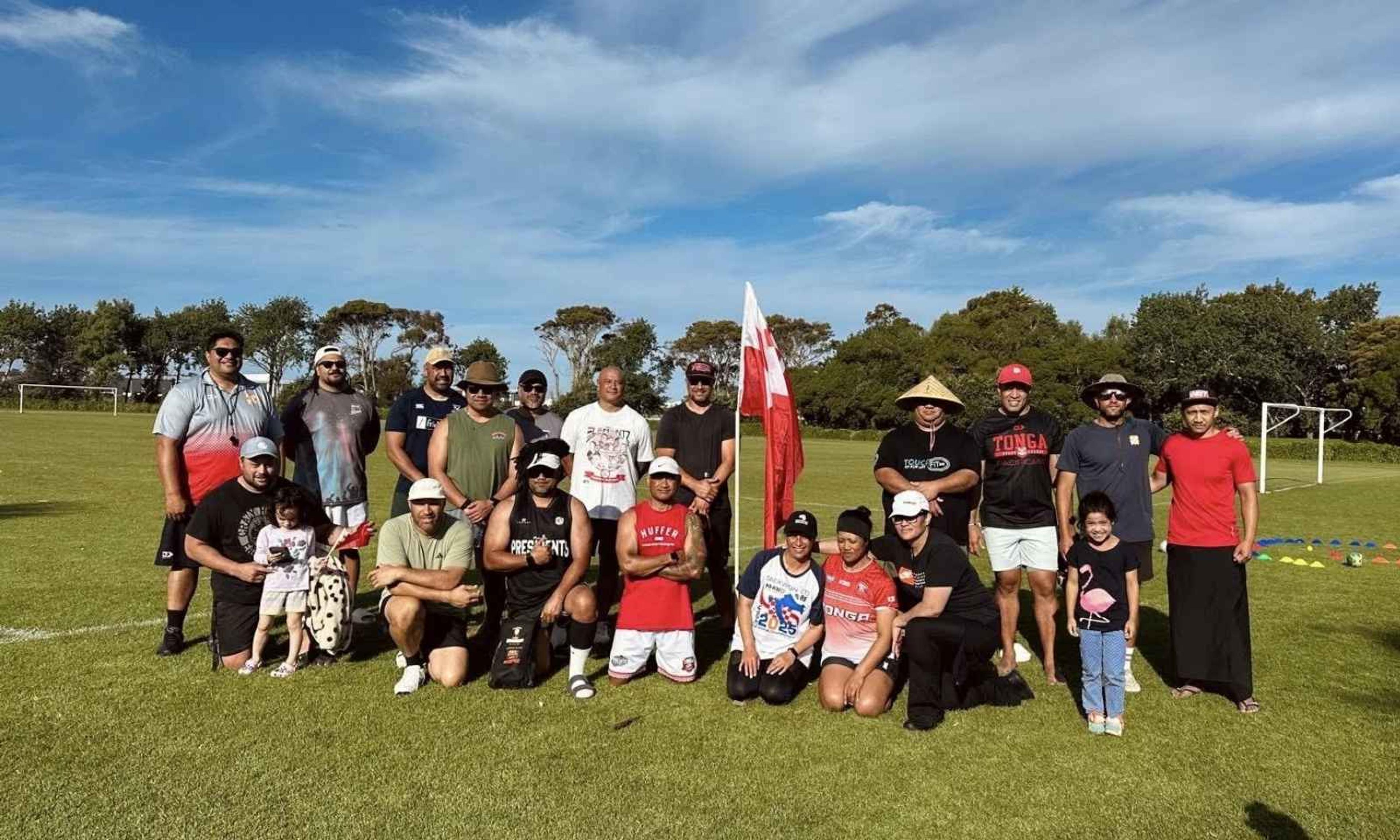
Tonga Touch Rugby Masters call on diaspora to pull on the red and white again

Sāmoan stars in Aotearoa NZ: Donell Lewis and Kennyon Brown tour with DJ Noiz
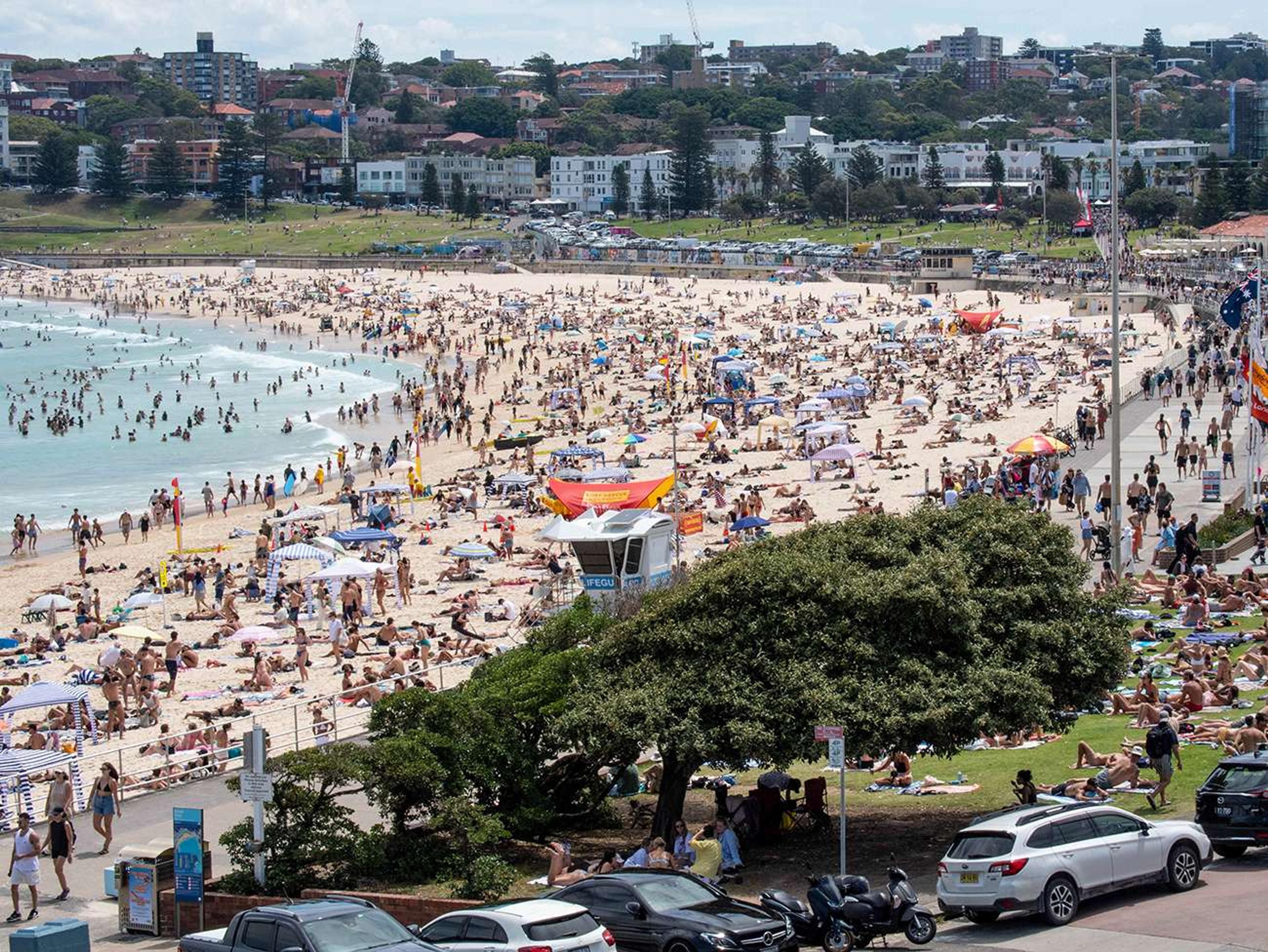
Pacific leaders call for unity after Bondi attack

The phone call that changed everything: Social worker’s new life after kidney transplant

Tonga Touch Rugby Masters call on diaspora to pull on the red and white again

Sāmoan stars in Aotearoa NZ: Donell Lewis and Kennyon Brown tour with DJ Noiz

Pacific leaders call for unity after Bondi attack
When Patricia Goa joined the pro-independence movement in New Caledonia in 2001, she believed it was the right thing to do.
She also agreed with the vision and mission of the 30-plus years of struggle for self-rule and self-determination for her Kanaky people.
But more than 20 years on, the 50-year-old member of the Union Nationale pour l’Indépendance (UNI Party) and Northern Provincial Assembly says the campaign has lost its way.
She has condemned the events of 13 May which left 11 people dead, the burning and looting of about 800 businesses, more than 20,000 jobs lost, and a damage bill estimated at 2.2 billion Euros (NZ$4b).
Goa says while the dream of gaining independence from France is still alive in New Caledonia, the pathway taken by many of the groups involved has changed dramatically.
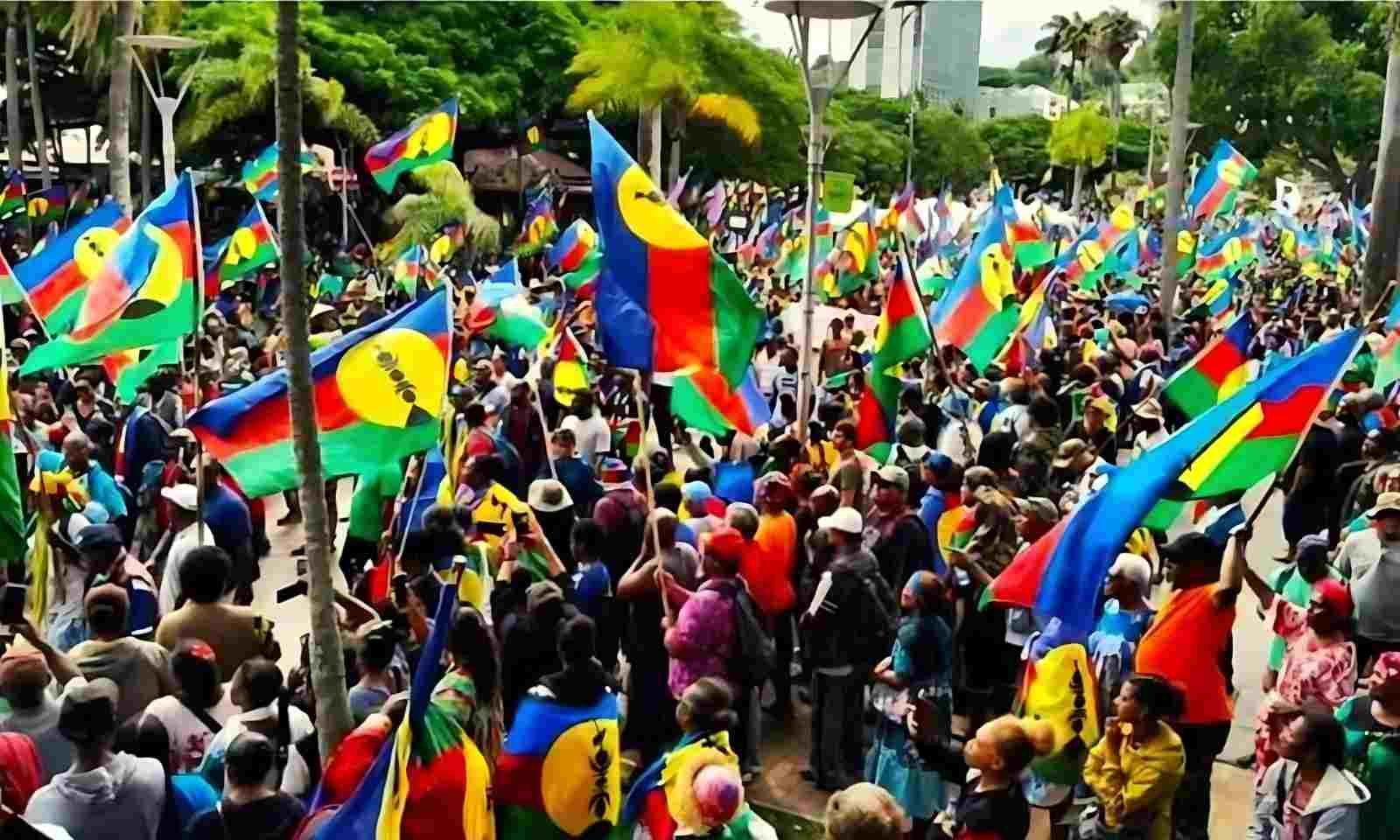
Kanak pro-independence supporters rally in Noumēa. Photo/supplied
Located less than 2400km north of Aotearoa New Zealand, New Caledonia has a population of 272,000 (2019 Census) with 40 per cent the Indigenous Kanaks.
A proposed voting reform by French President Emmanuel Macron sparked the deadly protests in Noumēa in May.
The debate over decolonisation and self-determination in New Caledonia was among the talking points at the recent Pacific Islands Forum leaders' annual meeting in Tonga.
Forum members also discussed a renewed hope of sending a delegation to Noumēa despite an earlier mission being deferred due to differences between New Caledonia's pro-independence President Louis Mapou and Macron.
While the fact-finding assignment is being welcomed by Kanak leaders in the troubled French territory, all is not well in the pro-independence movement, Goa says.
She warns this could impact more than three decades of their struggle - the Kanaky fight for self-rule and self-determination against a superpower like France.
"How do we define Kanaky tomorrow? I want my independence. I want to gain sovereignty. What does it mean? I cannot say I'm not responsible. I cannot be a victim all my life. So it's really important that we, independent leaders, take our own responsibility today.
Watch political correspondent Nic Maclellan's interview below.
"I'm talking about a fight, a struggle. What happened has happened. I cannot change what happened. But I know what I want. And Kanaky New Caledonia is not what I saw [on 13 May].
"There's a need of reformulation, there's a need of rebuilding, there's a need of new foundation. But it cannot be something else. It cannot be burning, stealing, and killing. That is not Kanaky New Caledonia. And France has to understand that it has to succeed in decolonisation, whether he wants it or not."
Has the pro-independence movement gone radical?
Goa says she hopes not, that what the world saw on 13 May following the protests against Macron's decision to allow more voting rights for new French arrivals in New Caledonia, will not be repeated.
"Where did we burn those shops? Where did we say to people that they couldn't stay there? We're talking about the northern suburbs. We're not talking about the southern suburbs. So who lives there? It's Kanaks and non-Kanaks.
"Some revolted in anger and not willing to compromise is what I saw. There are only 250,000 people in this place. And what we have done so far it just doesn't make sense. So all I'm asking is that every one of us has to take responsibility. That one shall not use what happened in May for political and election reasons.
"Let's not look back, but let's face the future. How do we build a future for Kanaky Nouvelle Caledonie? How do we do that? We are willing to rule our own country. We are willing to gain sovereignty. So we have to face what we've done so far.
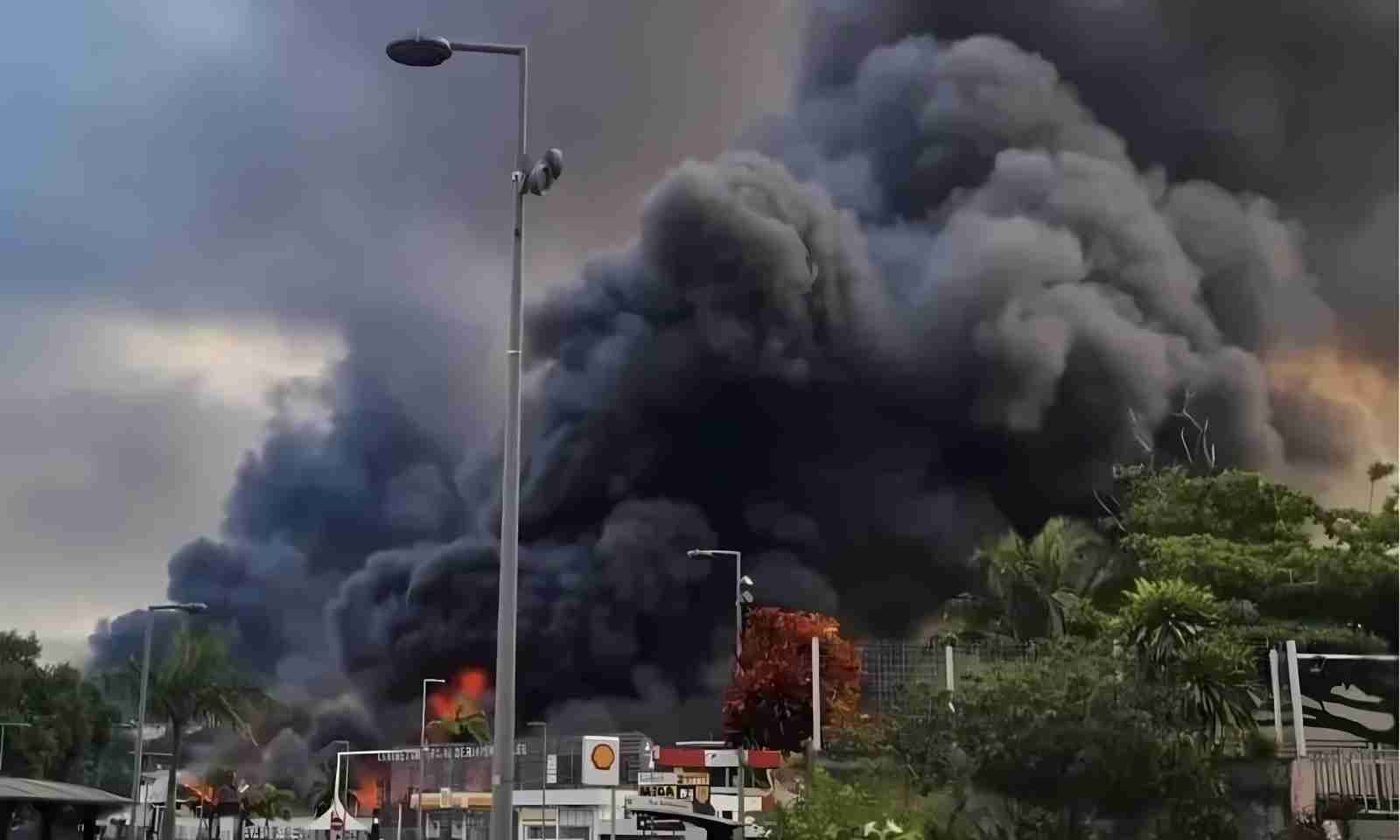
Smoke bellowing in the northern suburbs of the capital, Noumēa, during the height of the unrest in May. Photo/supplied
"We have to fight with our intelligence and what we know best. We are talking about the Kanak people because they know what is humility. But where is the humility now? I did not see it in May. Because there is no political education."
Goa says there is an increasing presence in the pro-independence movement of young Kanaks who feel just as she did in 2001 to stand up and fight for what they believe in.
She says these young men and women also want independence for their country "but how do you build it that's something that we grow up and adults forgot on the line to do political education to do what are our values how do we fight.
"How come we had those kids dying on barricades? How did we let that happen? We knew in 84 what happened, we knew that we had no chance of taking up arms. We knew already, but the message didn't go through. We didn't learn from our past.
"But I want to see us fight human values. Some of our churches burned down. That doesn't make sense. It's just that whenever there's anger, it needs to be reformulated and it needs to be structured, otherwise, it's only chaos.
"Macron doesn't give a damn about us. But it's really important to our struggle. What our forefathers did so far is important. We shouldn't let it go. It's for our survival.
"But violence is not the solution. We went through, 84, 88, 95. So no, we know that already. So tomorrow, we'll go again on the roads and we'll tell stories again. We'll tell the people that we have to believe that the sun will rise again."
Listen to Patricia Goa's full interview.